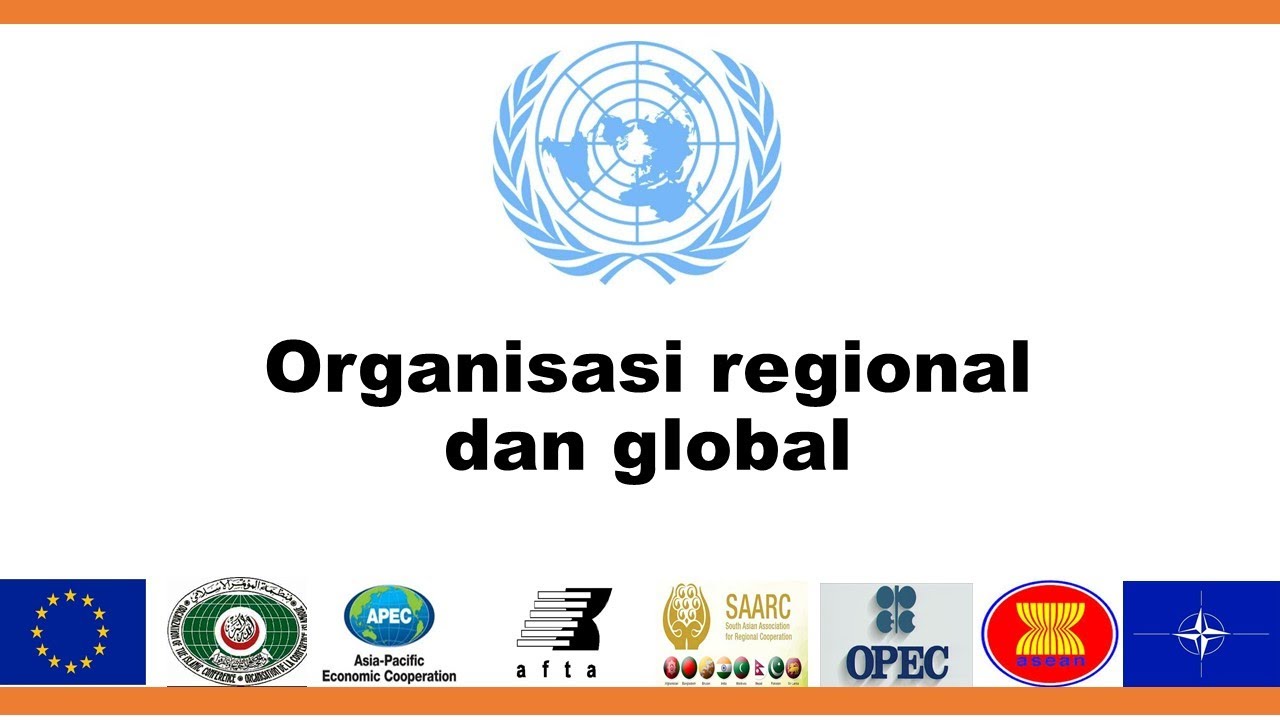why do International organizations exist?
Summary
TLDRThis video explores the crucial role international organizations play in promoting global cooperation, especially after World War II. It highlights the efforts of the IMF, World Bank, WTO, UN, and WHO in managing global economic stability, financial assistance, trade rules, health crises, and peacekeeping. Despite their importance, these organizations face challenges like political influence, resource limitations, and changing global dynamics. The video emphasizes the need for transparency, accountability, and fairness to ensure their effectiveness in serving the common good, adapting to rapid geopolitical and technological shifts.
Takeaways
- 😀 After World War II, international organizations like the IMF, World Bank, and WTO were created to promote economic unity and liberalize world trade.
- 😀 The Bretton Woods system and General Agreement on Tariffs and Trade (GATT) played key roles in facilitating global economic cooperation.
- 😀 By the 1980s, globalization broke down barriers to capital movement, further promoting international cooperation.
- 😀 International organizations handle complex global issues that no single nation can address alone, such as economic instability, trade regulations, and health crises.
- 😀 The IMF, World Bank, and WTO stabilize economies, provide financial help, and manage trade rules to ensure global economic stability.
- 😀 The UN works on peacekeeping and conflict resolution to promote global security and cooperation.
- 😀 Powerful nations tend to have more influence within these organizations, potentially skewing operations and priorities.
- 😀 For these organizations to remain effective, they must focus on common interests, fairness, and transparency.
- 😀 Turkey, as an example, actively participates in international organizations to integrate into the global market.
- 😀 International organizations face challenges, including political polarization, resource constraints, and legitimacy concerns.
- 😀 Rapid technological advances and geopolitical changes also present significant challenges for international organizations.
- 😀 In conclusion, international organizations are vital for global cooperation, but they must adapt to changing conditions to remain effective and fair.
Q & A
Why did international organizations emerge after World War II?
-After World War II, there was a global push towards economic unity, largely driven by the US, to promote stability and rebuild economies. Key institutions like the General Agreement on Tariffs and Trade (GATT) and the Bretton Woods system played a significant role in liberalizing world trade and fostering international cooperation.
What is the significance of the Bretton Woods system?
-The Bretton Woods system, established after WWII, aimed to provide a framework for international economic cooperation, including the creation of institutions like the IMF and World Bank. It was crucial in promoting economic stability, rebuilding war-torn economies, and laying the foundation for the global financial system.
How did globalization impact international trade in the 1980s?
-By the 1980s, globalization was in full swing, with advancements in technology and the reduction of trade barriers accelerating the flow of goods, capital, and services across borders. This led to more interconnected global markets and the need for stronger international institutions to manage the resulting complexities.
Why are international organizations necessary?
-International organizations are necessary because they address global challenges that no single nation can handle alone, such as economic stabilization, financial aid, trade regulation, health crises, peacekeeping, and conflict resolution. These organizations help foster collaboration between nations and ensure global stability.
What role do the IMF, World Bank, and WTO play in global affairs?
-The IMF stabilizes global economies, providing financial assistance to countries facing economic crises. The World Bank focuses on long-term economic development and poverty reduction, while the WTO manages international trade rules, ensuring the smooth functioning of global commerce.
How does the UN contribute to global peace and security?
-The United Nations (UN) plays a crucial role in peacekeeping and conflict resolution by providing a platform for diplomacy, deploying peacekeeping forces, and fostering dialogue between conflicting parties. Its primary mission is to maintain international peace and security.
What challenges do international organizations face?
-International organizations face several challenges, including political polarization, resource constraints, legitimacy concerns, and the need to adapt to rapid technological advancements and shifting geopolitical landscapes. These issues can hinder their effectiveness in addressing global problems.
How does the influence of powerful states affect international organizations?
-Powerful states often have more influence within international organizations, which can skew the decision-making process and the operations of these institutions. This dominance can result in policies that disproportionately benefit the more influential states, potentially undermining fairness.
What role has Turkey played in international organizations?
-Turkey has been an active participant in international organizations, particularly those focused on economic and trade integration. Its goal is to promote greater global market integration, reflecting its strategic interests in both regional and global affairs.
What is necessary for international organizations to remain effective?
-For international organizations to remain effective, they must adapt to changing global dynamics, ensure transparency, maintain accountability, and focus on serving the common good. Ensuring fairness and serving the interests of all nations is crucial for their ongoing success.
Outlines

This section is available to paid users only. Please upgrade to access this part.
Upgrade NowMindmap

This section is available to paid users only. Please upgrade to access this part.
Upgrade NowKeywords

This section is available to paid users only. Please upgrade to access this part.
Upgrade NowHighlights

This section is available to paid users only. Please upgrade to access this part.
Upgrade NowTranscripts

This section is available to paid users only. Please upgrade to access this part.
Upgrade NowBrowse More Related Video
5.0 / 5 (0 votes)





